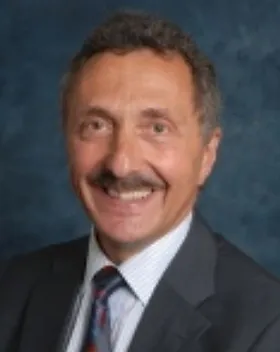
Podcast: Play in new window | Download
This week we sit down with Dr. John Warner, an Emeritus professor of Pediatrics at the Imperial College of London in the United Kingdom and also at the University of Cape Town in South Africa. We discuss his recent paper entitled: Strategies and Future Opportunities for the Prevention, Diagnosis, and Management of Cow Milk Allergy. Dr. Warner completed his undergraduate medical training in the School of Medicine, University of Sheffield and his initial pediatric experience was at the Children”s Hospital, Sheffield in the United Kingdom. He moved to London as Professor of Pediatrics and Head of Department at Imperial College St Mary’s hospital campus. He is also Hon Professor of Pediatrics in the University of Cape Town.
In 2008 he became Director of Research for the Women and Children’s Clinical Programme Group, Imperial College Healthcare NHS Trust (ICHT). He was the lead for pediatrics in both the Biomedical Research Centre in ICHT and the NW London CLAHRC (Collaboration for Applied Health Research and Care) and was President of the Academic Pediatrics Association.
Professor Warner’s research has focused on the early life origins of asthma and related allergic and respiratory disorders. He has published over 500 papers in scientific journals on these topics. He was Editor in Chief of the journal Paediatric Allergy and Immunology from 1997-2010 and chairman of the paediatric section of the British Society for Allergy and Clinical Immunology for 5 years until 2010. He was also a member of the Speciality and Training committee of the World Allergy Organisation and a past Trustee of the charity known as The Anaphylaxis Campaign.
He was a member of the Advisory Committee for Novel Foods and Processes of the Food Standards Agency for 12 years until 2012 and was recognised for his work in food allergy research by the award of an OBE in 2013.
Please enjoy my conversation with Professor Warner,
Dr. M






















